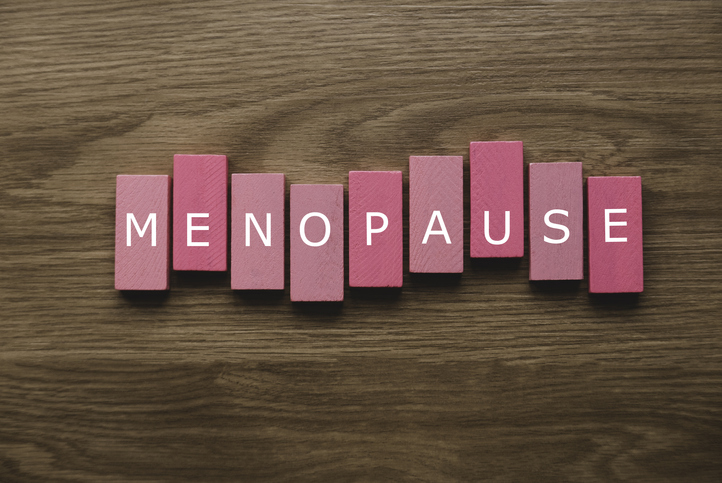A year on from FSP’s webinar on the menopause, Katie Burley takes a look at the current direction of the law in this sensitive area.
It has been a year since we hosted a webinar discussing the issues surrounding menopause in the workplace and the potential discrimination claims that could arise because of unhealthy working environments – you can watch a recording below.
Since that recording, the Business Minister stated in March this year, that there was no current plan to make menopause a protected characteristic under the Equality Act 2010, on the basis that the existing characteristics of sex, age and disability are sufficient to cover it. Despite this, the Woman and Equalities Committee (“WEC”) (a group appointed by the House of Commons) recommended in its July 2022 report “Menopause and the Workplace”, that this move needed to be taken in order to stop ‘highly skilled and experienced’ women from leaving the workplace. As Rooner v Leicester City Council (2021) suggests, it can be difficult for employees to establish that their symptoms amount to a disability and it is felt that greater clarity and safeguards are needed, over and above the existing legal protections. You can read more about menopause as a disability under the Equality Act in the article below. For now, it continues to be a case of ‘watch this space’ to see if this movement develops any further and gives those affected by the menopause the protections that many strongly believe are needed.
World Menopause Day is on 18 October 2022 and this year’s theme is cognition and mood. Brain fog is one of the many potentially debilitating symptoms of the menopause and can have an enormous impact of a sufferer’s mental health and wellbeing. The International Menopause Society explains that the fog can present itself in many ways, including “difficulty remembering words and numbers, disruptions in daily life (misplacing items like keys), trouble concentrating (absent mindedness, losing a train of thought, being more easily distracted), difficulty switching between tasks, forgetting the reason for doing something (like why you came into a room), and forgetting appointments and events”. It is easy to see why this can affect the individual’s quality of life and how this can cause difficulties at work.
As we advised last year, awareness of and support for the menopause are now strongly encouraged in workplaces. Research shows that women experiencing even just one symptom of menopause that affects their ability to work sufficiently are 43% more likely to have left their jobs before the age of 55. Within the WEC’s July report, an anonymous survey encouraged employees to respond to the question “What do you think is the most important thing employers can do to support employees experiencing menopause?”. The key results were as follows:
- Having fans at desks
- Better ventilation
- Uniforms appropriate for menopause (breathable materials)
- Access to drinking water
- Easy access to toilets and washing facilities
- Policies that recognise the impact of the menopause
- Flexibility in working hours and place of work
- Education and training
- Cultural changes (for example, making workplaces a safe place to talk about the issues people are experiencing)
- Developing support networks
From a legal perspective, there was an increase of 44% in the number of employment tribunal claims citing menopause in 2021, when compared to the number of claims in 2020. Many of these fell under disability discrimination, unfair dismissal, or sex discrimination claims. For a recent example, see the case of Best v Embark on Raw Ltd, where the tribunal found that the claimant had suffered discrimination under s26 of the Equality Act 2010, after her manager asked her if she was menopausal.
With menopause-related claims expected to become increasingly common, employers should be thinking about the necessary adjustments they could make to their working practices and policies – not only to avoid claims, but also to maintain employee relations and ensure that they are able to retain talented employees.
What are you doing to help raise awareness or support people affected by the menopause in your workplace? We’d love to hear from you about your initiatives.
If you would like any assistance in adapting your policies or working practices, please contact: [email protected]

